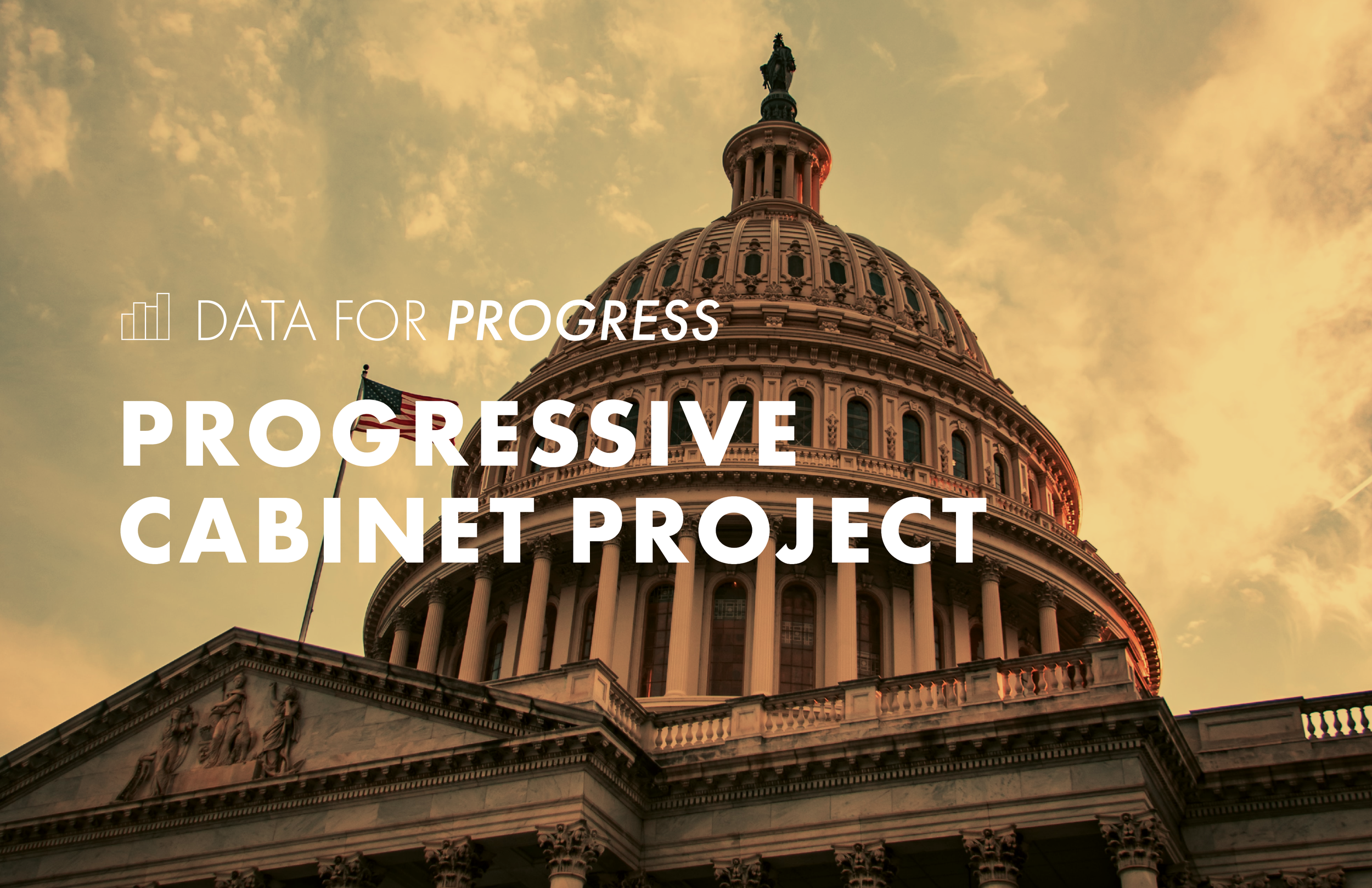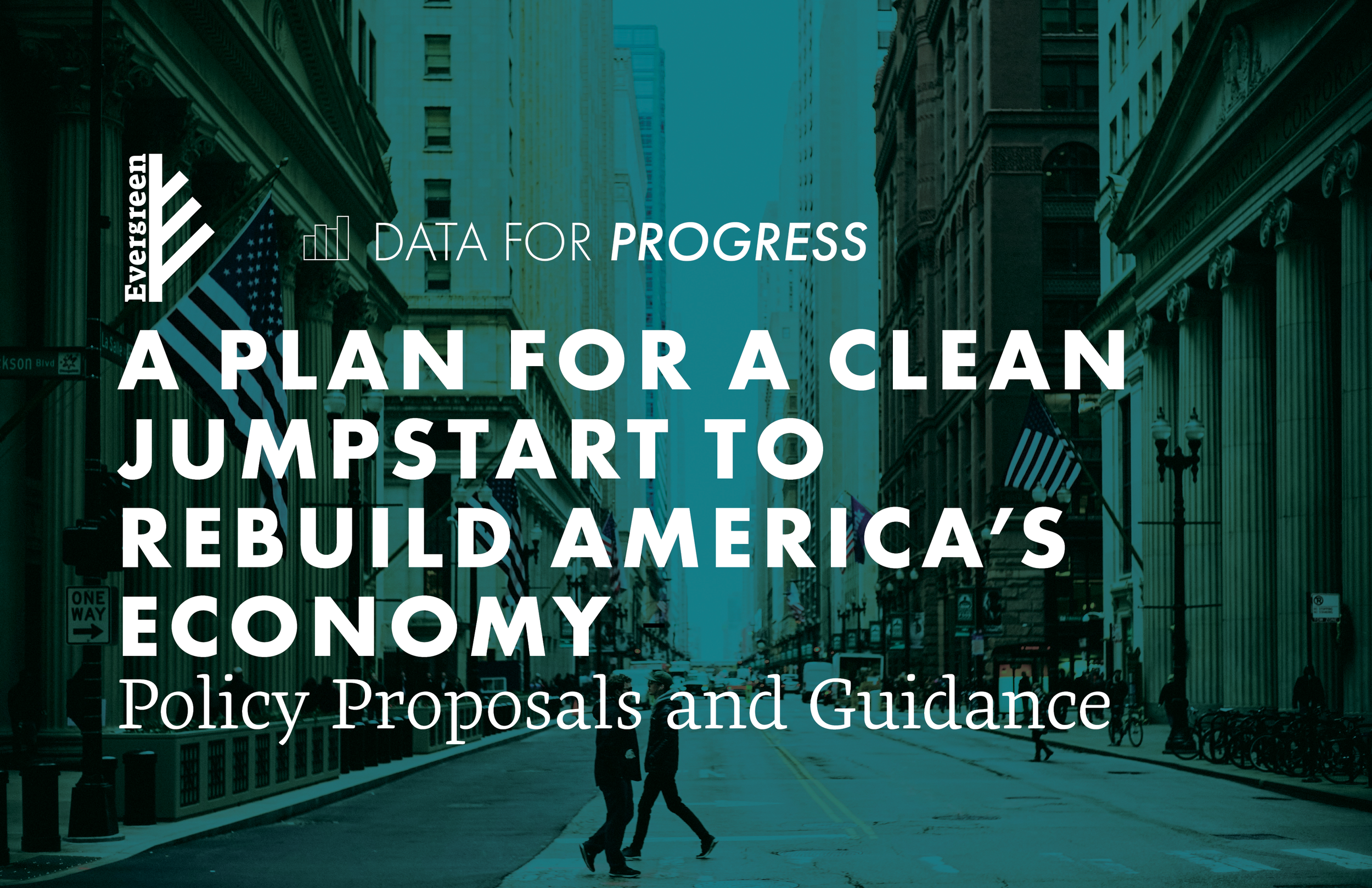Memo: Harm Reduction Practice and Innovation in Response to the Covid-19 Pandemic in San Francisco
By Joshua Bamberger MD MPH Clinical Professor, Family and Community Medicine, UCSF
Nicky Mehtani MD MPH Associate Physician, Division of HIV, ID & Global Medicine, UCSF
Jessica Ristau, MD Assistant Professor, UCSF Department of Medicine, Division of General Internal Medicine and Division of Hospital Medicine
Barry Zevin, MD Medical Director of Street and Shelter Health, SFDPH
Phillip Coffin, MD MIA Director, Center on Substance Use and Health, SFDPH
Executive Summary
Amid a significant spike in deaths among individuals experiencing homelessness in San Francisco, including a rise in overdose deaths, expanded harm reduction practices and substance use treatment during the COVID-19 pandemic have shown promising results in reducing death and harm from opioid use. The interventions include providing emergency shelters for higher-risk adults and families; lowering barriers to increase access to substance use treatment, including giving providers more flexibility in initiating and continuing care; and intensifying overdose prevention measures, including making naloxone more widely available. These measures have mitigated casualties, and should be continued even beyond the COVID-19 pandemic to address the opioid public health crisis.
Polling by Data for Progress and The Justice Collaborative Institute shows strong bipartisan support for these measures:
78% of likely voters, including 82% of Democrats and 80% of Republicans, support allowing temporarily housed individuals to see doctors, mental health professionals, and other treatment providers at the hotels where they are housed.
77% of respondents, including 82% of Democrats and 78% of Republicans, support the city government providing food to these individuals.
67% of respondents, including 74% of Democrats and 63% of Republicans, support the city government providing substance use treatment, including methadone, a non-narcotic that can help individuals with withdrawal.





